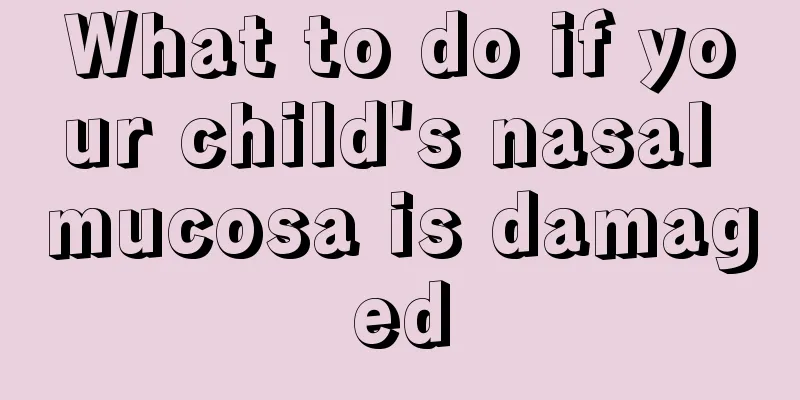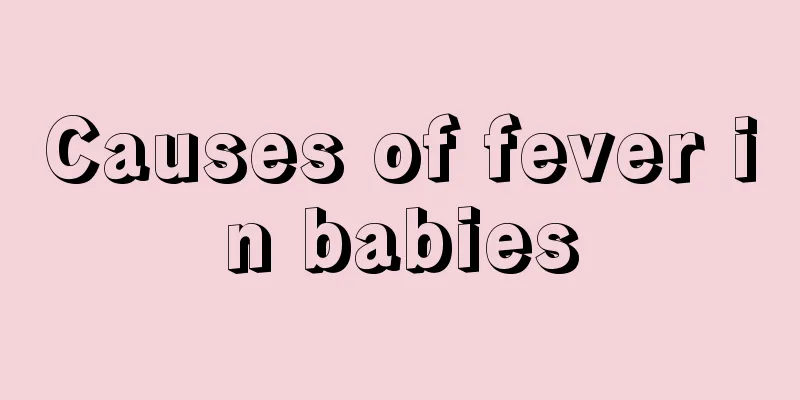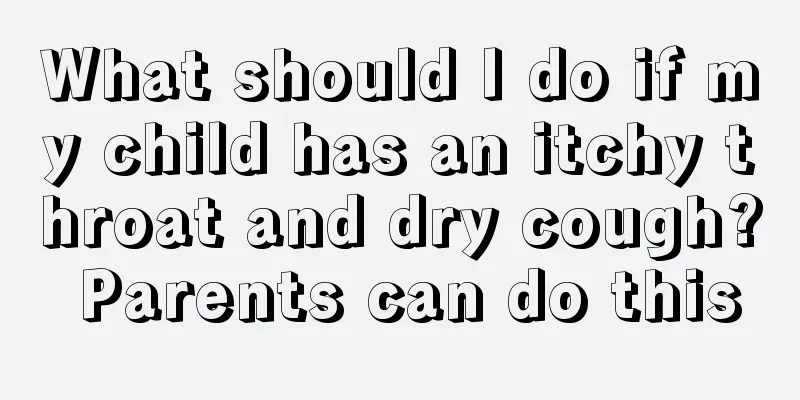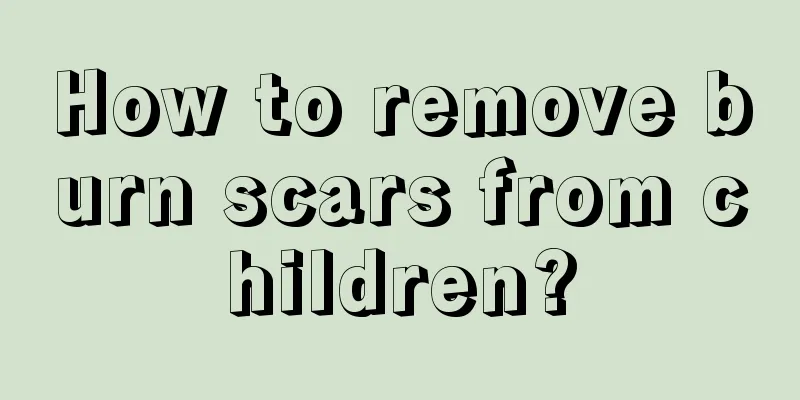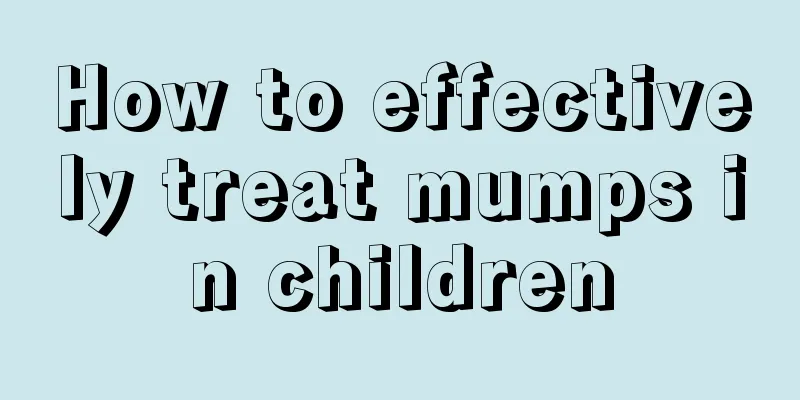What happens when a child has a nosebleed?

|
Because children lack experience, they are completely at a loss when they encounter symptoms of nosebleeds and will develop serious fear. At this time, the performance of parents is very important. First of all, keep the child's head in the correct posture. At this time, do not let the child tilt his head back. It is best to choose a posture that leans slightly forward. Then, based on the child's actual situation, the real cause of the nosebleed can usually be found. For example, the following factors are very common. What happens when a child has a nosebleed? 1. Fragile nasal mucosa The nasal mucosa of young children is more fragile. In dry weather, more blood needs to flow through the nasal cavity to increase the temperature and humidity, which can easily cause congestion of the nasal mucosa and lead to bleeding. 2. Caused by trauma Children are very active and can easily collide or be hit hard while running and jumping, causing their fragile noses to bleed. Putting foreign objects into the nasal cavity while playing can also easily cause nosebleeds. 3. Pick your nose with your hands Young children with allergic rhinitis or colds will have itchy noses due to runny nose and nasal congestion, which may cause sneezing or picking their nostrils with their fingers, causing injury and bleeding to the fragile nasal mucosa. 4. Abnormal lifestyle Many children are prone to nosebleeds due to irregular schedules, less sleep, and weak bodies. Children who suffer nosebleeds due to irregular work and rest schedules usually also have a lot of eye and nasal mucus and bad breath. 5. Caused by allergies Nasal allergies are particularly obvious in winter, and nosebleeds are easily caused by the fragility of the nasal mucosa and the dry cold air in winter. Most babies who are prone to nosebleeds have symptoms of allergic rhinitis, because the nasal mucosa of allergic rhinitis often has erosion symptoms, and they often rub their noses due to itching, causing injury to the nasal mucosa and bleeding. 6. Caused by other diseases Clinically, certain systemic diseases such as abnormal coagulation factors or tumors in the nasal cavity may also manifest themselves as "nosebleeds" in the early stages. If your baby often has nosebleeds for no reason, it may be a sign of certain diseases. You should take him to an ENT doctor to find out the real cause. Some medicines contain anticoagulant properties, which may cause nosebleeds during use. Babies with weak constitutions or those suffering from blood diseases such as leukemia and hemophilia are prone to nosebleeds. |
<<: What's going on with a six-year-old child having a nosebleed?
>>: Why does the boy often have nosebleeds?
Recommend
Is it good for children to eat goose eggs?
Goose eggs are a very nutritious food. Children c...
How to treat a baby who has a fever and keeps yawning
Children are very prone to getting sick, especial...
Can a seven-month-old baby eat taro?
We all know that babies need to add complementary...
What are the symptoms of fever and convulsions in children?
If a child has convulsions, the problem is still ...
What are the symptoms of vestibular dysfunction?
Vestibular dysfunction is a relatively serious di...
Why do newborns have cold hands and feet?
We all know that a person's physical health c...
There are 9 dietary taboos for children with mycoplasma infection
Mycoplasma infection in children is a relatively ...
The child does not cough when sleeping but coughs during the day
Coughing is a common symptom. Different coughs re...
Is it good for children to drink milk before bed?
Drinking milk before going to bed can help you sl...
What are the methods to remove baby non-pigmented moles?
It is very common for children to have moles on t...
What to do if a child has a fever of 39 degrees
In life, many children often have fever due to in...
What to do if a child has pneumonia and a high fever
Many parents are very concerned about their child...
How to care for your baby with bronchitis
In fact, in the process of taking care of the bab...
Is it a disease for children to wet the bed at night?
Taking care of a child in all aspects is indeed a...
Why is the newborn's face a little yellow?
Newborns always have one disease or another becau...
